While it may not be the most popular House in the Harry Potter universe ⏤ judging by the statistics of the successful video game Hogwarts Legacy it’s surprisingly not Gryffindor, but Slytherin – the Ravenclaw House is nevertheless a proud one. But what makes a witch or wizard a Ravenclaw? Well, as one myself, there is some first-hand knowledge that I can impart on the subject of what it means to be selected into the Hogwarts House founded by Rowena Ravenclaw over a thousand years ago.
The Ravenclaw House is “where those of wit and learning will always find their kind.” You’ll likely spot the higher N.E.W.T. scores among them. That being said, possessing above-average intelligence does not make one infallibly immune to making dumb decisions; like anyone else, muggle or magically gifted, Ravenclaws aren’t perfect. Similarly, it doesn’t mean you won’t find any student equally as intelligent belonging to another House. Hermione Granger is a quintessentially good example of this.
If a student from Ravenclaw were to describe themselves with honesty, here are some of the best and worst traits we would be compelled to share.
Positive trait: Intelligence
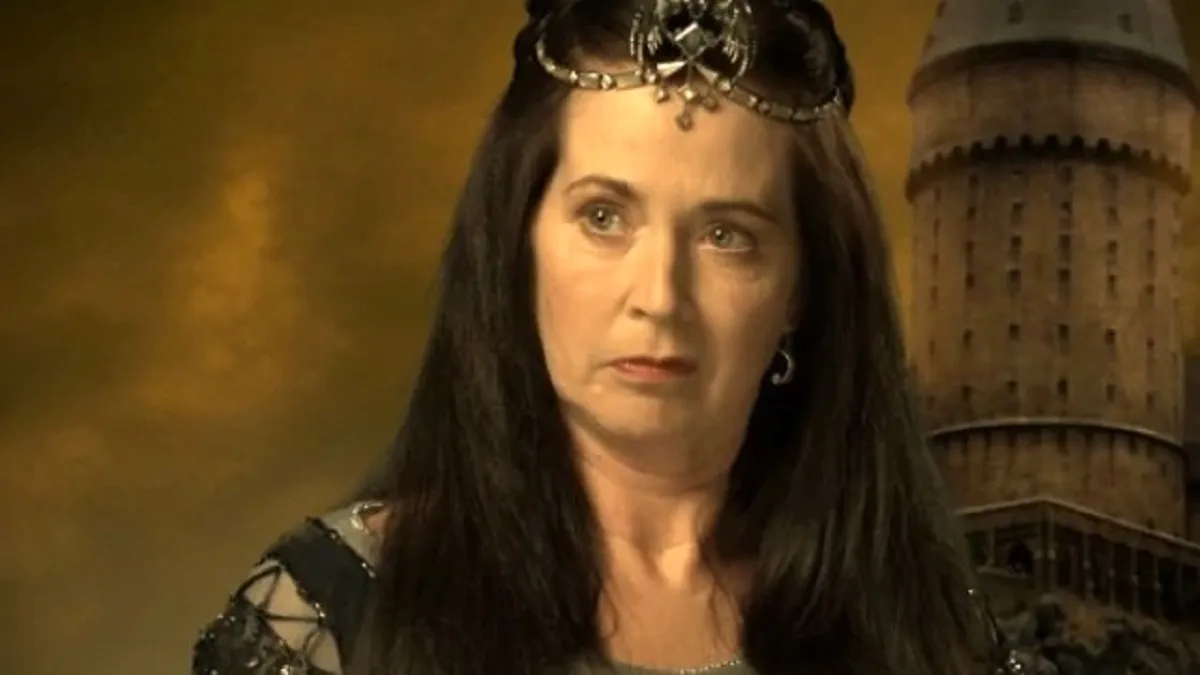
It makes sense to start off with the most well-known trait among the students of this House. Rowena Ravenclaw was a most brilliant witch, and true to her gifted personality, she made the decision that only those “whose intelligence is surest” could be selected into her House.
Ravenclaws love learning about anything and everything just for the sake of knowledge itself. Therefore, it isn’t uncommon that you may find them with their nose stuffed in a book, or, in the modern Muggle world, wearing earphones and absorbed by an audiobook or podcast. On a daily basis, their heads are buzzing with interesting facts, which in turn, makes them champions at the wizarding equivalent of Trivial Pursuit.
Negative trait: Arrogance
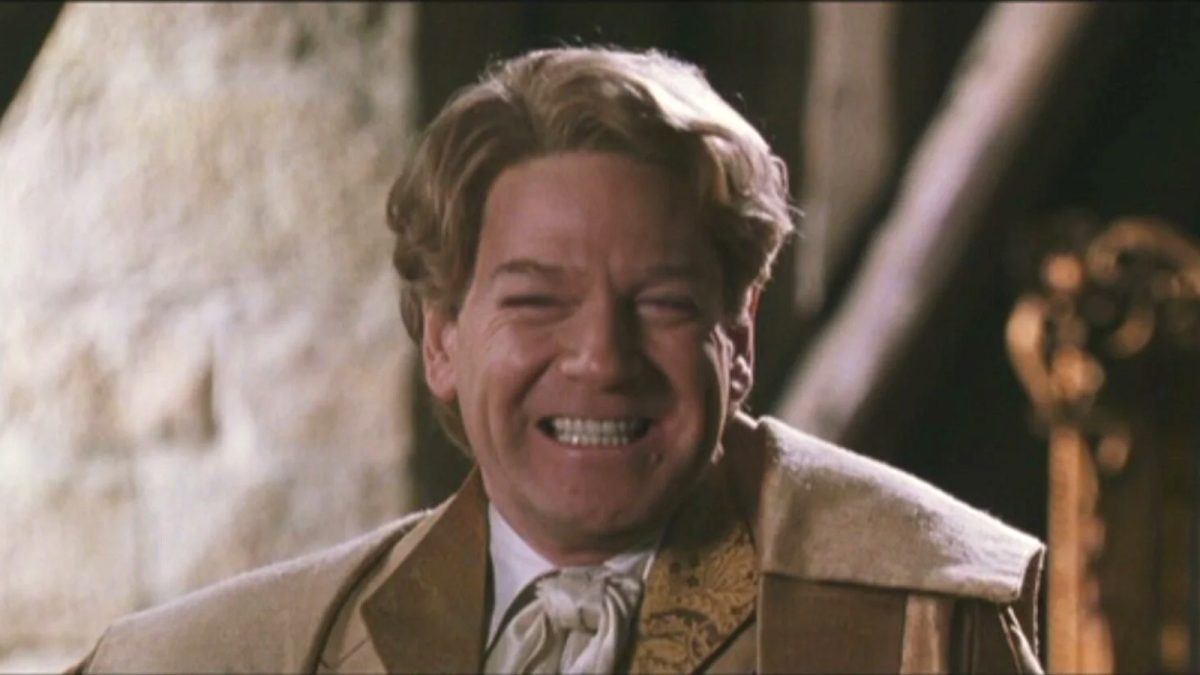
With great intelligence, can come great arrogance, as the OP of this irony-filled Reddit post humorously implies. When you’re exceptionally smart, it can be difficult to tolerate the common mortal. It’s like trying to briskly get to work and having a group of people walking casually slow while occupying the whole width of the sidewalk. Although, that never justifies brusquely pushing your way through without even uttering an “excuse me.”
Ravenclaw Gilderoy Lockhart, a former Professor of Defense Against the Dark Arts, was so good at memory charms that he conned the Wizarding World into believing he was a hero. In reality, Lockhart interviewed the real heroes and then used a memory charm to make them forget what they had done so he could take all the credit. He was so full of himself that he believed he was entitled to the glory. In the end, his undoing would be the very memory charm he was so good at performing.
That does not mean every Ravenclaw has the overflowing pomposity and pretentiousness of Lockhart (thankfully). Arrogance comes in varying degrees, and for each and everyone it manifests uniquely and in different circumstances. What’s most important is that the they are self-aware enough to know they possess this flaw and can rein it in every time it threatens to manifest. Ravenclaws might be the brightest bulb in the shed, but there is no need to announce it every hour of every day.
Positive trait: Natural Born Learners
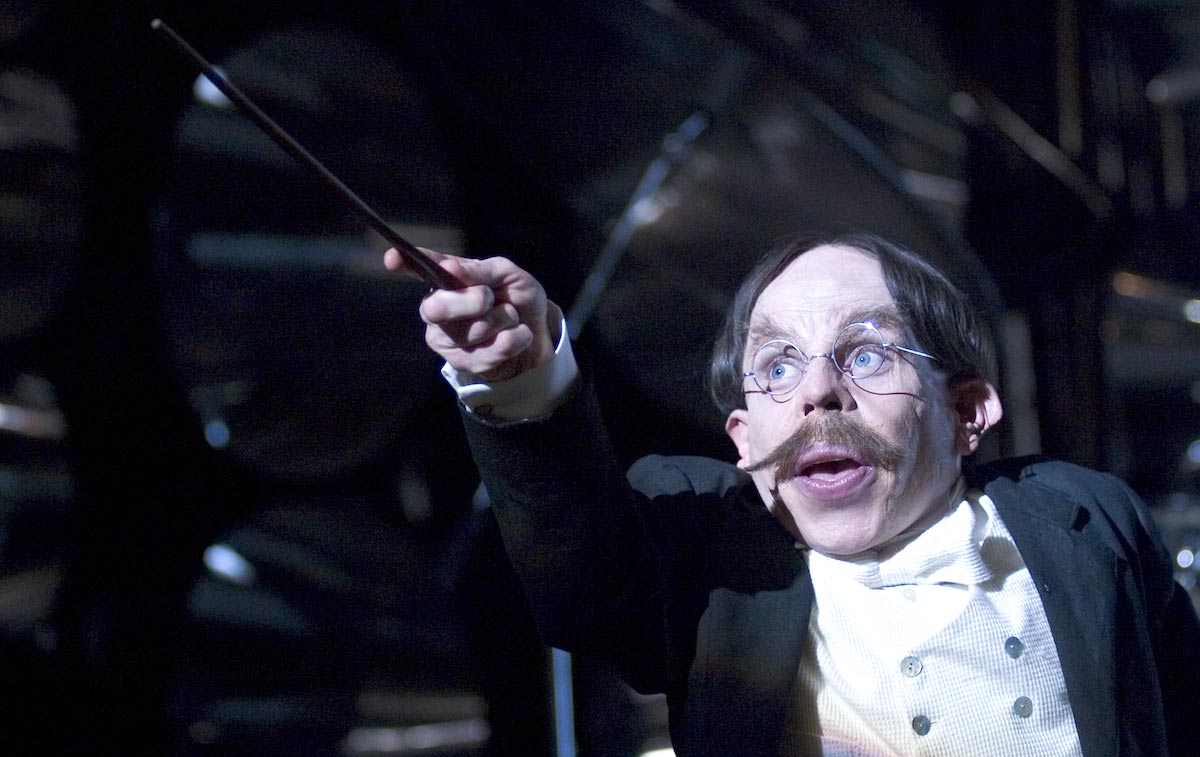
Ravenclaws value learning and never fall short in the pursuit of it. We relish the chance to complete a new training program or course, read a new challenging book, or attend any conferences or lectures that can enrich the mental knowledge database we pride ourselves on.
Filius Flitwick, Professor of Charms and Head of Ravenclaw House, was a master at charms and dueling. He did not achieve this by simply reading one book or taking one class. He viewed learning as a lifelong pursuit and got into education to help the next generation cultivate a similar passion.
Regarding their Hogwarts Legacy journey, u/Moondancer875, a Ravenclaw and Redditor, commented: “Too busy studying to go around adventuring with MC.” Indeed, adventuring might be a passion most suited to a Gryffindor student, we’ll be more likely to be sitting around in our black and blue capes, reading about others’ adventures in complex and hefty books not everyone is willing to pick up.
Negative trait: Aloofness
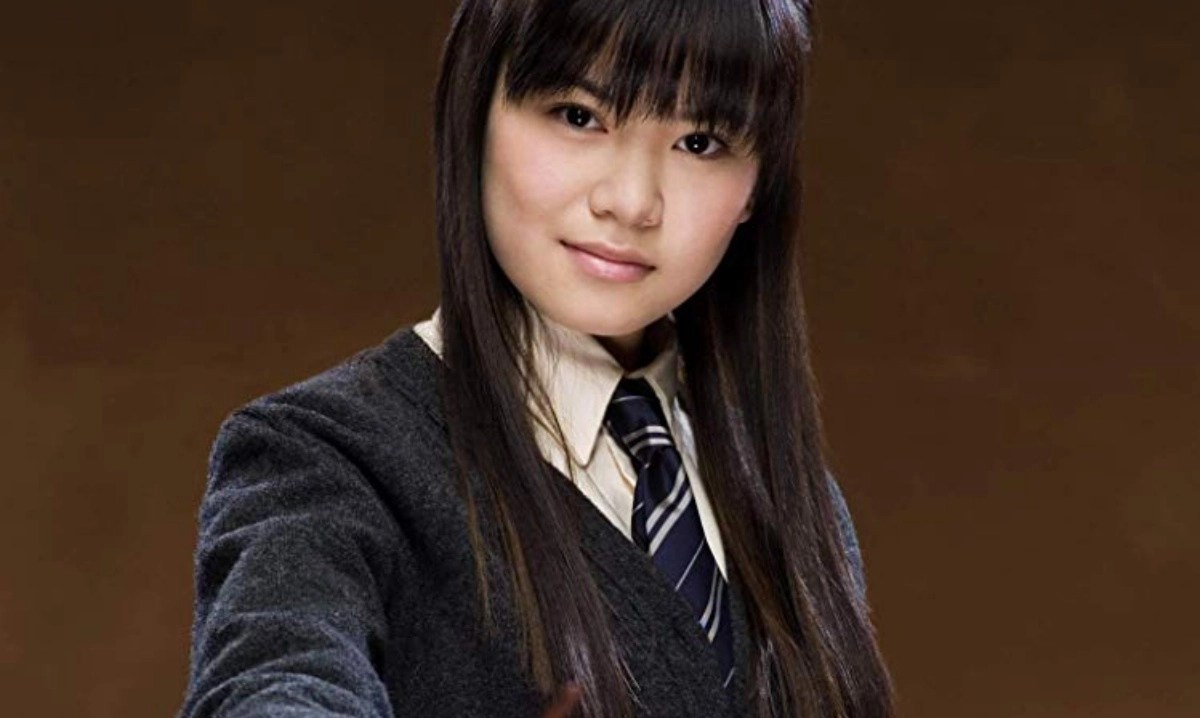
When you’re intellectually gifted and laser-focused on your goal, outsiders might be prone to misunderstand you. Ravenclaws can tend to get lost in the castles and worlds inside their brains, which gives out the impression that we are aloof. We might be disconnected sometimes but that doesn’t mean that there’s an ill intention behind it, or even an intention at all.
Unfortunately, this trait means that a Ravenclaw may not be the best at establishing connections with others. In some cases, their so-called aloofness can actually be a form of shyness, whereas in others, may be a purposeful means of self-defense. Although the reason behind it may differ from wizard to wizard, the fact remains that your average Ravenclaw may come across as detached. Luna Lovegood was teased and given a mean nickname – Loony Lovegood – by her fellow students during her years at Hogwarts. Her story has a happy ending, though, as she would go on to fight in the Battle of Hogwarts and become a renowned naturalist. Ravenclaws follow their own unique paths.
Following one’s own path can be a lonely pursuit and does not always have a happy ending like Luna’s does. Helena Ravenclaw lived in the shadow of her famous mother, Rowena Ravenclaw. In a childish attempt to surpass her mother, Helena stole her mother’s diadem, which had magical powers that made the person who was wearing it wiser, and ran away to Albania. When Rowena fell fatally ill, she sent a young man who loved her daughter to bring her home. Instead, once his affections were rejected, he ended up murdering Helena and killing himself. They would go on to become the ghosts of Ravenclaw and Slytherin: The Grey Lady and The Bloody Baron.
Positive trait: Originality
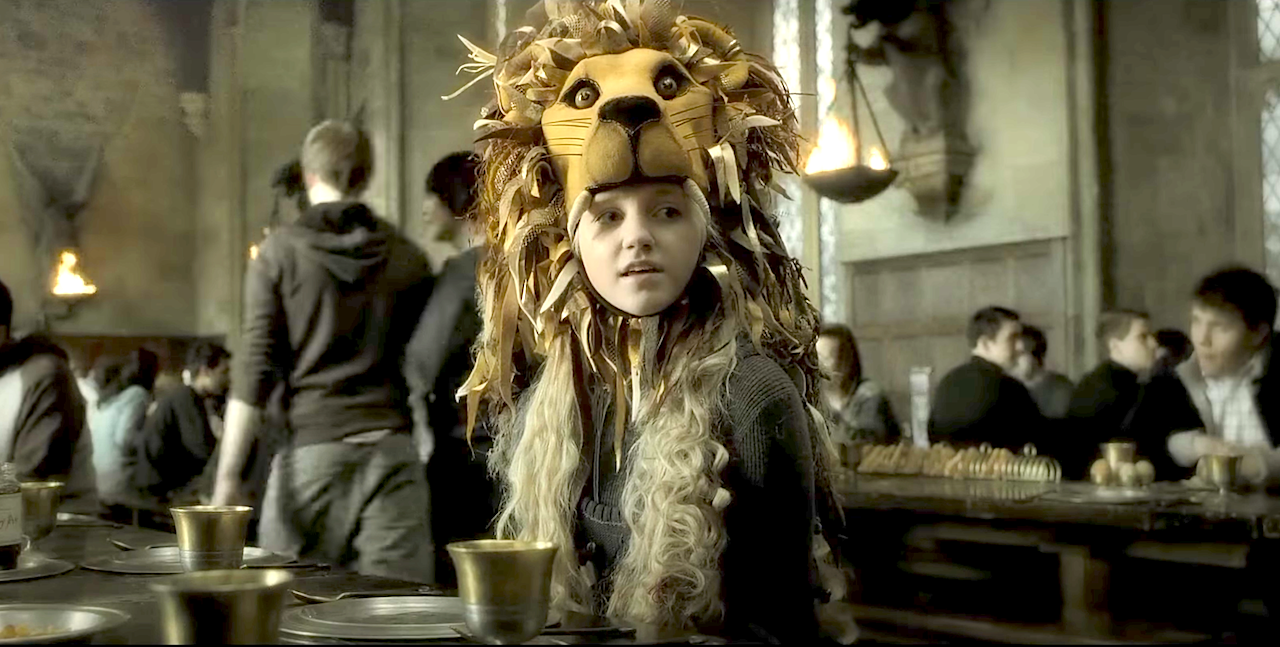
More than any other House, Ravenclaws value original thinking. We are inclined to possess unique worldviews and ways of self-expression. If an employer is looking for an outside-the-box thinker, the best kind of employee would be a Ravenclaw.
As implied in the previous entry, Luna Lovegood is a quintessential example of this trait. She’s utterly unafraid of being her own person and speaking her truth, regardless of how it may be perceived by others. At the end of the day, she’s true to herself and no one should reproach her for it, as her quirkiness and unconventionally is part of what makes her such a distinct and authentic individual. No one sees the world the way she does wearing her Spectrespecs glasses to see wrackspurts with pride.
Negative trait: Judgment and Dissatisfaction
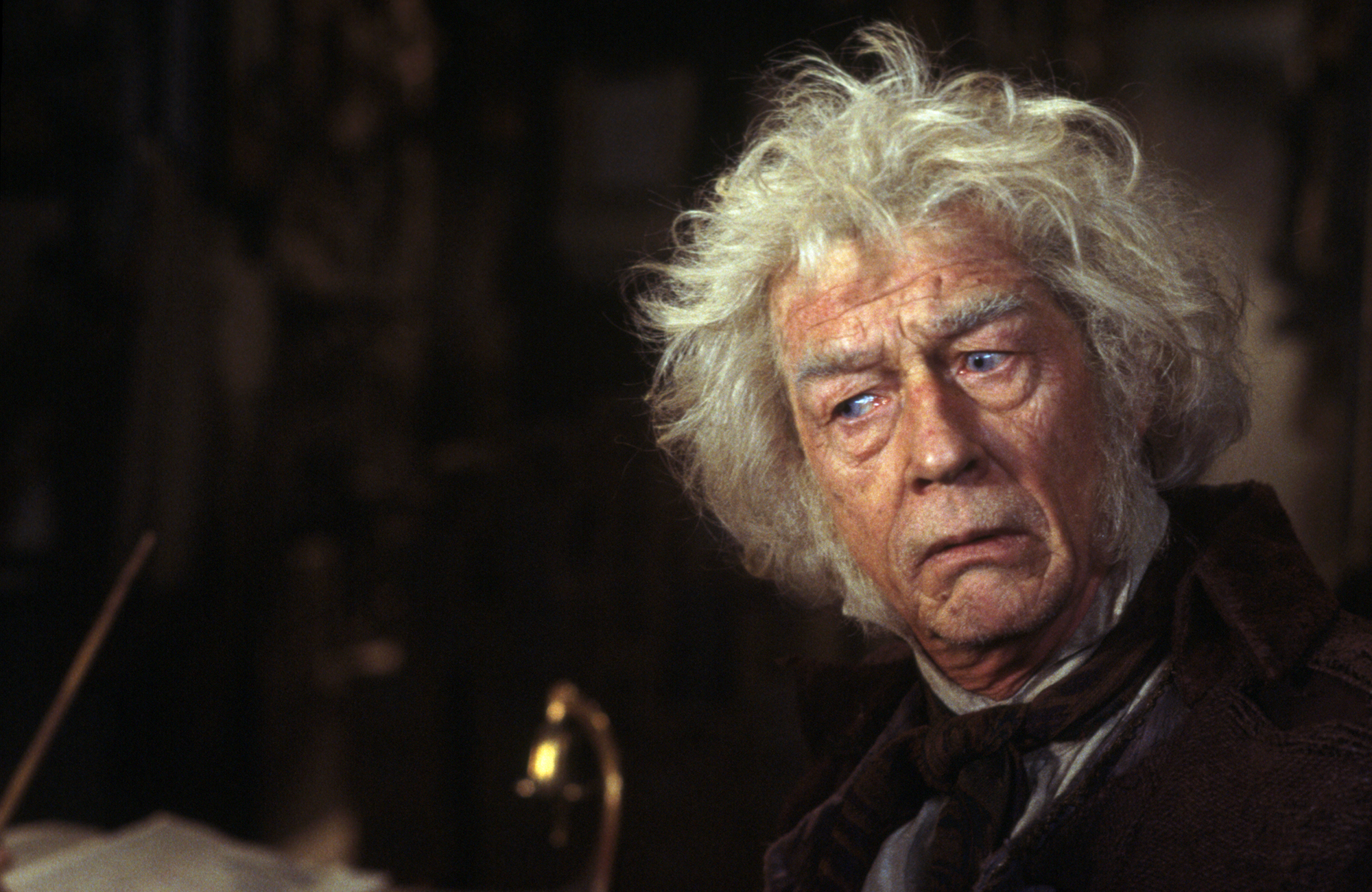
For a Ravenclaw, these two flaws go hand-and-hand. Their judgmental nature is twofold: it can be internalized and externalized. When internalized, it can resemble an often-exhausting level of perfectionism – which we’ll unpack later on – and dissatisfaction. This is also tied to the aforementioned arrogance; we have an inherent wish to excel at intellectual activities and challenges, to the point where a second place might not be enough and the ego, or self-esteem even, can suffer for it. On the other hand, when it is externalized, it becomes a raised eyebrow in the face of what the Ravenclaw may perceive as foolishness, thickheadedness, or stupidity.
Proving that sometimes your greatest weakness can become a strength, Ravenclaw Garrick Ollivander turned this worst trait into a career. He became a world-renowned wand maker and owned Ollivander’s in Diagon Alley. He used his judging eye to help young wizards and witches pick out their very first wands. His contribution to the wizarding youth is undeniable and one we, the fans, won’t ever forget.
Positive trait: Creativity
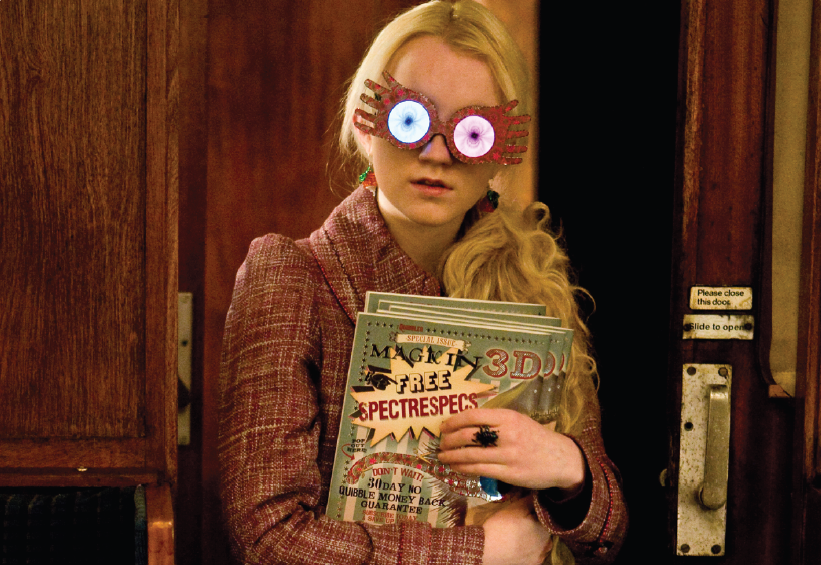
A Ravenclaw’s creativity is one of the mental tools they possess which contributes to their problem-solving and critical-thinking abilities. Ravenclaws are not only willing but also frequently eager to look at a problem in multiple ways to come up with creative solutions. They have the potential to stand out as artists if they feel so inclined.
There’s always a blend of creativity and scientific knowledge in inventors, and many came out of Ravenclaw. Some, such as Ignatia Wildsmith, devised new inventions that would enhance the Wizarding World at large. Wildsmith was a 13th Century witch who is behind Floo powder. Making a hearth’s fire and embers burn a greenish hue, Floo powder enabled travel between fireplaces in the Floo Network as well as communication between fireplaces, as seen between Harry and Sirius Black in Goblet of Fire.
Negative trait: Perfectionism
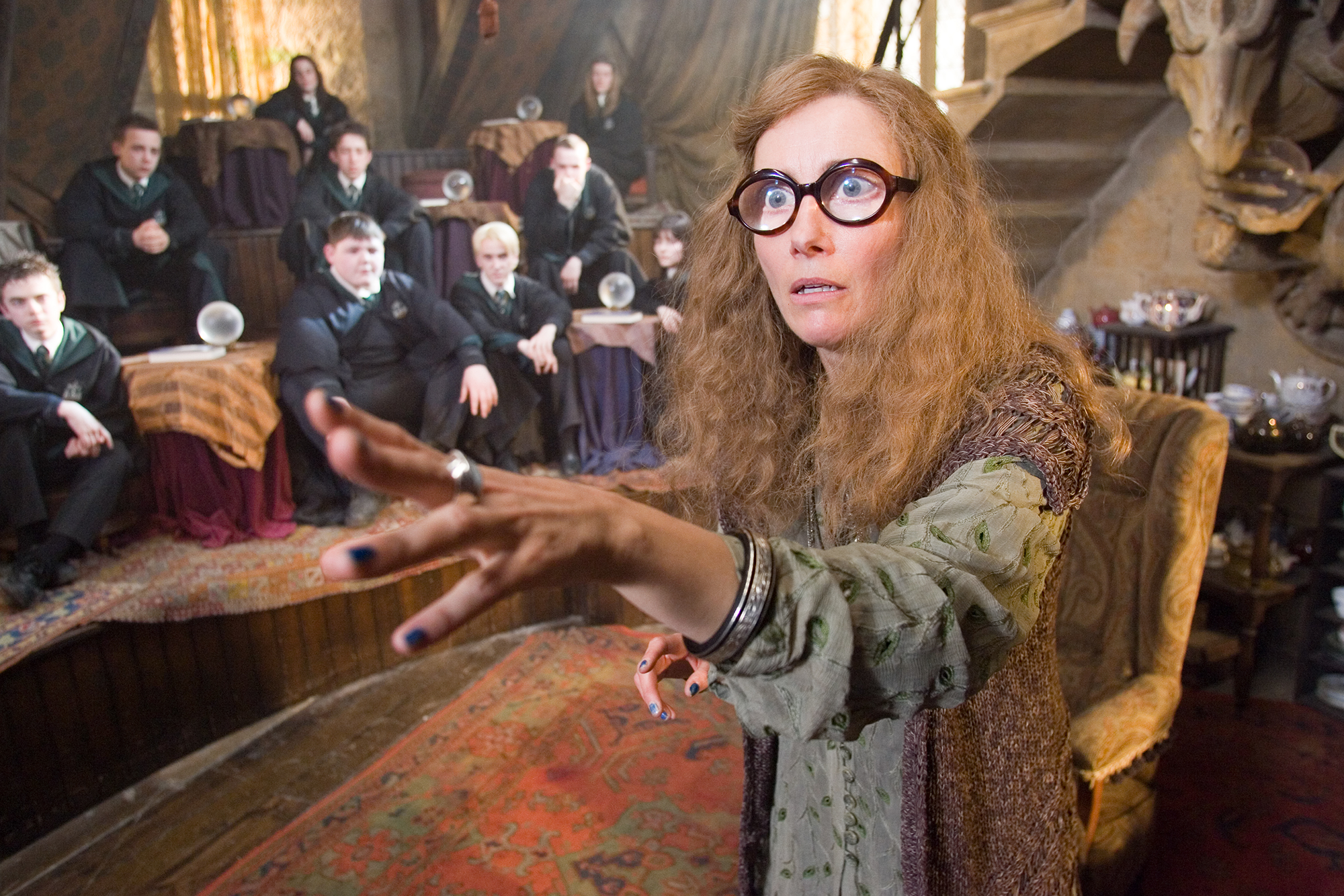
As alluded to in a previous entry, Ravenclaws can easily fall into the trap of perfectionism. There’s an innate tendency in Ravenclaws to get carried away in the pursuit of knowledge, originality, and excellence. For instance, if you’re like me, you might go overboard in the amount of research you do and/or the number of words you write for an academic paper.
As mentioned in regard to their sense of dissatisfaction, they are just as hard on themselves as they are on others. They know they have the capacity for greatness, so when they miss the mark, they take it hard. When the Sorting Hat debated on which House to place Hermione Granger in, it almost resulted in a rare event called a hatstall. A hatstall is when the Sorting Hat takes more than five minutes to make a sorting decision. Hermione Granger came close to four minutes in a Gryffindor-Ravenclaw standoff. While Gryffindor ultimately won out, it’s true that Granger has many Ravenclaw qualities including intelligence and perfectionism. When battling a bogart, it turns into her worst fear: Professor McGonagall telling her that she failed her exams.
It is worth bearing in mind that every House has traits both good and bad. Nor should we forget that people are much more complex than a list of a couple of traits can fully encapsulate. However, to differing degrees, these aspects of personality are how you can best identify a Ravenclaw. We’re proud of our wits, grades, and the appearance of our common room. But at the end of the day, all the mentioned traits are not restrictive, a Gryffindor can be as intelligent as a Ravenclaw (like Hermione), and vice-versa, a Ravenclaw as brave as a Gryffindor. It all boils down to what qualities stand out the most, and for this Hogwarts House, these are definitely the most evident and noteworthy.











Published: Aug 4, 2023 11:20 am